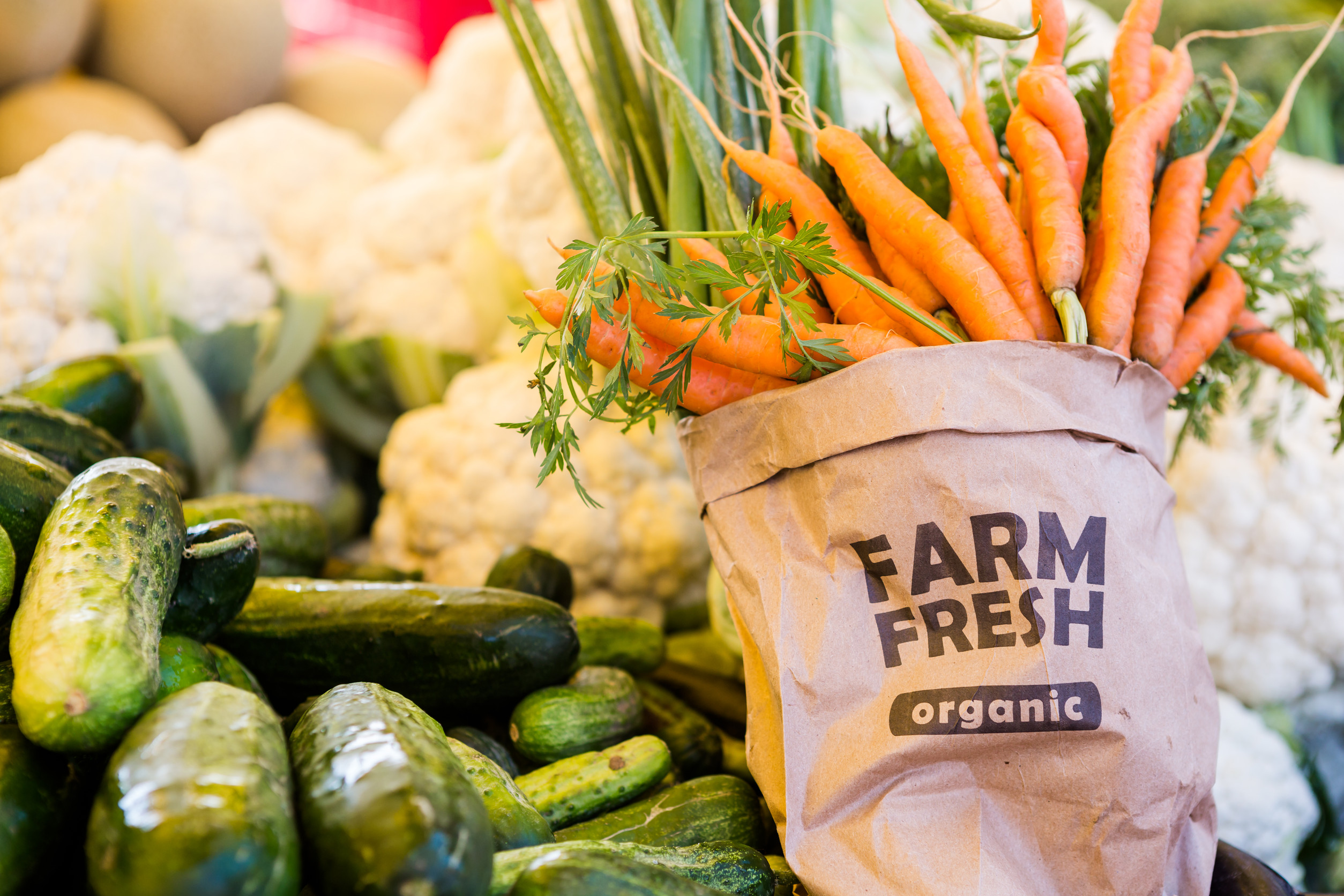
You try to make healthy choices. You pay a little extra for groceries that say “organic,” assuming they’re better for your body, your family, and the planet. But what if those labels aren’t telling you the full story? Many shoppers don’t realize that organic labels can be confusing, vague, or even misleading. Just because something sounds healthy or natural doesn’t mean it’s regulated—or even accurate. If you’re trying to make informed food choices, these are seven labels you should take a closer look at before trusting.
1. “Made with Organic Ingredients”
This label sounds promising, but it doesn’t mean the product is 100% organic. In fact, it only has to contain 70% certified organic ingredients. The remaining 30% can include non-organic components—and sometimes even synthetic additives. While it’s better than nothing, it’s not held to the same strict standards as a fully USDA Organic product. When you see this label, it’s worth flipping the package over and checking the ingredient list for more details.
2. “Natural” or “All-Natural”
“Natural” is one of the most commonly used—and most misunderstood—organic labels out there. In the U.S., there’s no official regulation or definition of what “natural” means on most food products. It doesn’t guarantee anything about how the food was grown, processed, or whether it contains additives. Many processed foods with sugar, salt, and preservatives still carry this label. If you’re looking for truly organic, “natural” just isn’t enough.
3. “Organic Chicken”
You might assume “organic chicken” means the birds were raised outdoors, in humane conditions, without drugs. But in reality, the USDA organic standard focuses more on feed (which must be organic and non-GMO) than living conditions. Organic chickens may still be raised in confined spaces with limited access to the outdoors. While it’s a step up from conventional poultry, don’t assume it means pasture-raised or free-range. This is one of the organic labels that requires deeper digging.
4. “Non-GMO” Doesn’t Mean Organic
Products labeled “Non-GMO” are often assumed to be organic—but they’re not the same. A non-GMO label only means the product doesn’t contain genetically modified organisms. It says nothing about pesticide use, synthetic fertilizers, or other chemicals commonly used in conventional farming. Many shoppers confuse these two certifications, thinking “Non-GMO” is just another word for “organic.” It’s not—and if you care about overall farming practices, you’ll want a USDA Organic label instead.
5. “Organic” on Body Care Products
When it comes to lotions, shampoos, and skincare items, the word “organic” gets even murkier. Unlike food, body care products aren’t always regulated under USDA guidelines unless they meet specific criteria. That means many brands can use the word “organic” in marketing even if only a small portion of ingredients are truly organic. Just because something smells botanical or comes in green packaging doesn’t mean it’s free from synthetic chemicals. To be sure, look for “USDA Certified Organic” seals on personal care items.
6. “Organic” Doesn’t Always Mean Healthy
Here’s a tough truth: just because a product is labeled organic doesn’t mean it’s good for you. Organic cookies, chips, sodas, and frozen meals can still be packed with sugar, sodium, and fat. The term “organic” refers to how ingredients are grown—not how nutritious the food is. This is one of the biggest misconceptions surrounding organic labels, and food companies know it. Don’t be fooled into thinking every organic snack is automatically a healthy choice.
7. “Certified Organic” Without the USDA Seal
Some products claim to be certified organic but don’t carry the USDA Organic seal. Instead, they may reference third-party organizations or international certifiers. While some of these may be legitimate, others have looser standards or no enforcement at all. The USDA Organic seal is the gold standard in the U.S. and ensures specific requirements are met across farming, processing, and labeling. If you don’t see that seal, it’s worth researching who exactly did the certifying.
Shopping Smart Starts With Knowing What the Label Actually Means
It’s easy to assume that anything with the word “organic” is automatically cleaner, greener, and better for you—but that’s not always true. Many organic labels are crafted to appeal to health-conscious shoppers without offering the transparency or integrity they expect. The good news? You don’t need a degree in food science to shop smarter. Start by reading beyond the front label, looking for certified seals, and understanding what each claim truly represents. When you know what to look for, your choices become clearer—and healthier.
Have you ever bought something labeled “organic” only to find out it wasn’t what you expected? Share your experience—or your label-reading tips—in the comments below!
Read More
6 Foods Labeled “Organic” That Wouldn’t Pass European Standards
10 Ways ‘Organic’ Labels Can Be Misleading at the Grocery Store
The post 7 Organic Labels That Don’t Actually Mean What You Think appeared first on Grocery Coupon Guide.







